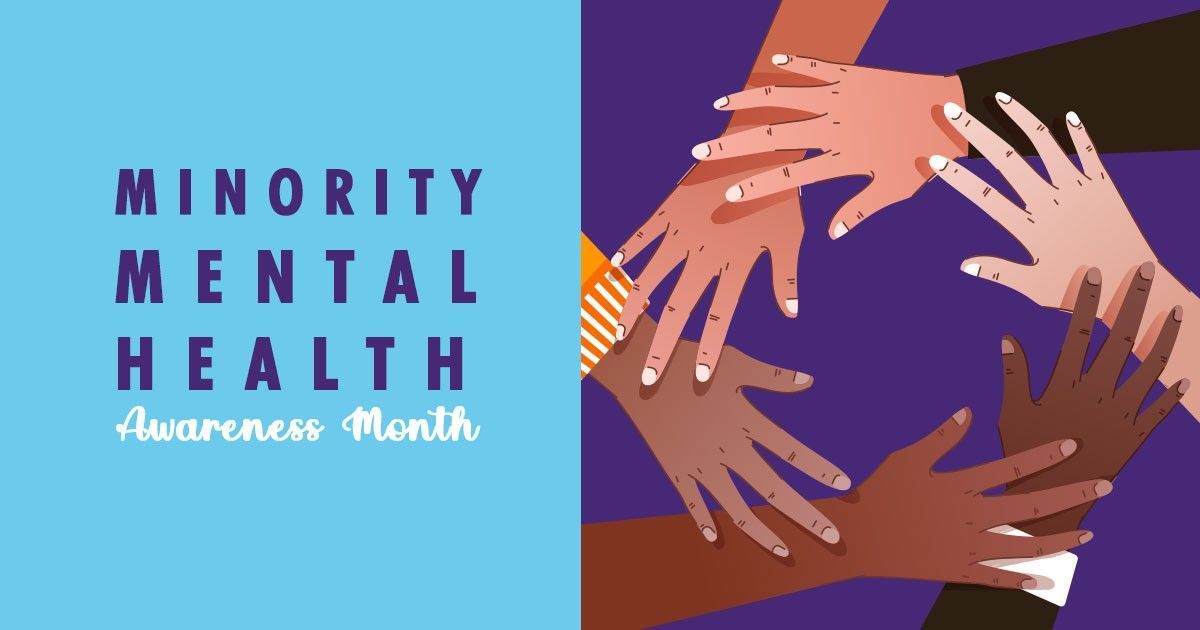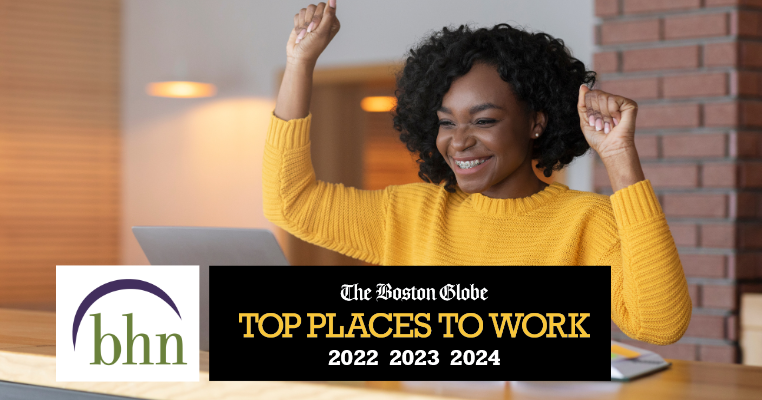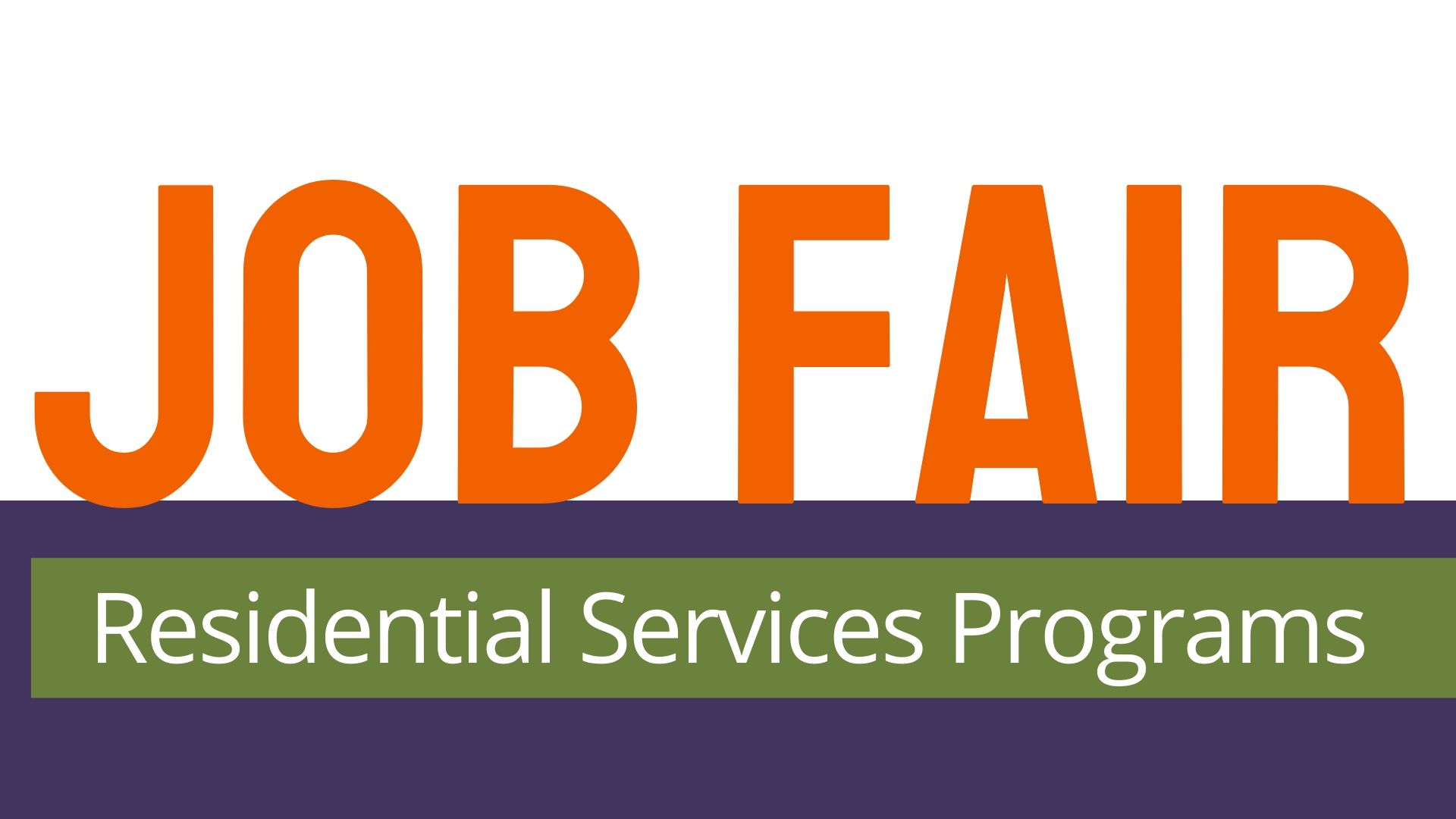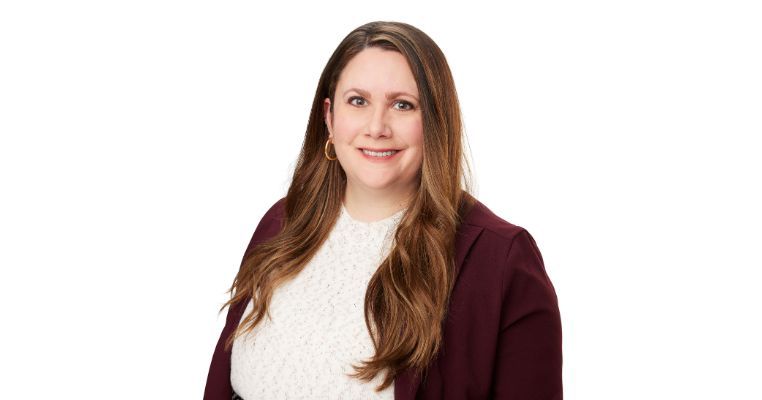Minority Mental Health Awareness Month

This July, BHN recognizes Minority Mental Health Awareness Month - although we support using the terms BIPOC, or diverse communities, as opposed to the term minority. This month is for bringing awareness to the unique challenges that people of color face in addressing and treating mental illnesses.
A recent study showed that among adults with any mental illness, only 39 percent of Black adults and 36 percent of Hispanic adults were likely to receive mental health treatment, compared to 52 percent of White adults. Dirk Vernon, program director for BHN’s therapeutic mentoring program, and Luis Diaz-Rivera, a clinician at the Opioid Treatment Program, share their thoughts.
Dirk and Luis indicate that culture and the environment play a huge role in seeking treatment. “As BIPOC, we tend to handle things in-house,” says Dirk “Outside help is generally not sought out. In other cultures, there is more openness and a trusting nature. We have less trust.” This lack of trust in the institutional systems of care stems from a long history of atrocities these traditionally white institutions enacted with communities of color historically and inequities that continue today.
While much has changed in recent years, much is still to be done to create systems of care that provide culturally relevant, humble, and appropriate mental health care; care which BIPOC communities can grow to trust. While today’s younger generations have more access to information about mental health challenges, many are nevertheless still averse to acknowledging when they are struggling. “Those who are older tend to say things like “I went through this hardship, and I turned out fine!” says Dirk. This sends the message to younger people that seeking help isn’t necessary. “But you need different solutions.”
“There needs to be more of a conversation than simply “call this number for help." We need to say why they need to call it, and what to tell the person on the other line. They need to know that our staff is well trained in all of the systemic and societal barriers our communities have experienced; and our staff needs to go out of their way to create a safe, respectful and culturally humble treatment environment." Learn how BHN is working to change our own system of care to be more socially just.
For many BIPOC clients seeking care from institutions, “there is a language barrier as well, says Luis, “but it’s not enough [to acknowledge the language differences]. You also have to understand the cultural backgrounds of the client.”
In everyday interactions at work and in society, people with privilege and power can also affect the mental health and well-being of people of color through their actions, whether intentional or not. “Microaggressions happen but once you speak up about them, there can be resistance. Nobody likes being called out what they’re doing wrong,” Luis says. “Some people have to worry about how they’re perceived when they leave the house, and being told they have to be mindful about their delivery.” Learn more about this topic and the impact on the mental health of BIPOC here: .
“People of color need a visual representation of their dreams,” says Dirk. “I would love to see more people of color in leadership positions and less questioning of credentials. Sometimes they get scrutinized and have to work harder to move positions in their agency."
Despite all that still needs to be done to address bias and inequities, Dirk says there has been a positive shift in how the behavioral health system is meeting the needs of the BIPOC communities. “The mental health landscape is gathering people who look like us and are from the same communities.”
There have also been campaigns to push for youth in the community to learn about mental health. More information can be found at . Within these campaigns, there have been discussions on physical health and nutrition, which are integral to mental well-being. “The BHN Social Justice committee has also done a great job addressing the importance of minority mental health,” says Luis.
BHN’s Social justice and Human Resources departments are actively reviewing hiring and retention data at BHN to ensure that we hire and promote BIPOC leaders within our organization. Additionally, we offer implicit bias training and micro-aggression trainings, which can be found at .
Some tips for raising awareness about BIPOC mental health are to consistently share information and use non-stigmatizing language whenever possible. Learn about implicit biases. Communities can also offer culturally responsive, affordable mental health services.
“We’re here, we belong, and we’re not going anywhere,” says Luis. “Check in with your coworkers of color. If you’re an ally and see someone who’s struggling systemically, say something."
BHN staff can here to participate in social justice dialogues or contact socialjustice@bhninc.org for more information on our work.
Resources:
Source:
SHARE
Topics

Newsletter Sign-Up
Sign-up for our newsletter to receive updates on what's happening at BHN.
Ji8������Ƶ, Inc.
417 Liberty Street | Springfield, MA 01104
(413) 301-9355

All Rights Reserved | Ji8������Ƶ, Inc.



